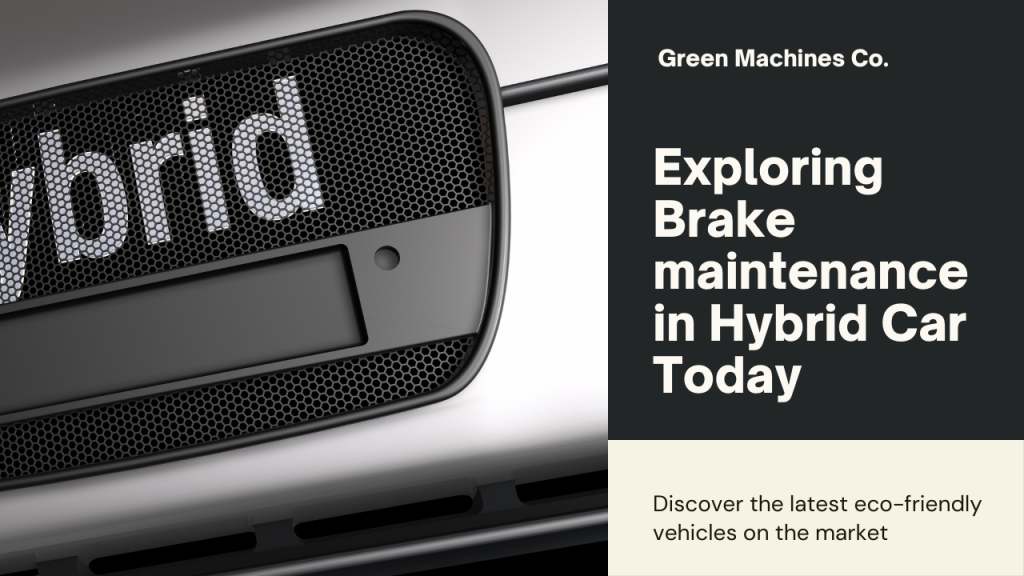Hybrid and electric vehicles have unique braking systems that require specific maintenance practices. Understanding how to care for the brakes of these vehicles ensures both safety and performance. Here’s a guide to brake maintenance for hybrid and electric cars:
1. Toyota Prius: The Toyota Prius, a well-known hybrid vehicle, features regenerative braking systems that work in conjunction with traditional disc brakes. While regenerative braking reduces wear on the brake pads, they still need regular inspection. Brake pads should generally be replaced every 40,000 to 60,000 miles. Regularly check the rotors and brake fluid to ensure the system functions correctly and safely.
2. Tesla Model 3: The Tesla Model 3 utilizes regenerative braking to extend the life of its brake pads. Despite this, brake pads typically need replacement every 50,000 to 70,000 miles. The Model 3’s braking system should be inspected regularly, and the brake fluid should be replaced every 2 years to ensure optimal performance and safety.
3. Chevrolet Bolt EV: The Chevrolet Bolt EV, an all-electric vehicle, uses regenerative braking to enhance efficiency and reduce brake wear. Brake pads generally need replacement every 40,000 to 60,000 miles, but regular inspections are still essential. Ensure the brake fluid is clean and at the proper level, replacing it as recommended by Chevrolet.
4. Nissan Leaf: The Nissan Leaf employs regenerative braking to maximize efficiency and extend brake pad life. Brake pads should be inspected every 30,000 to 50,000 miles. Regular maintenance of the brake system, including checking the rotors and brake fluid, is crucial for maintaining safety and performance.
5. BMW i3: The BMW i3, a compact electric vehicle, features regenerative braking that helps reduce brake pad wear. However, brake pads should still be replaced every 30,000 to 50,000 miles. Regularly inspect the brake system and ensure the brake fluid is replaced every 2 years to maintain optimal braking performance.
Hybrid and electric vehicles have advanced braking systems that benefit from specific maintenance practices. By following these guidelines, you can ensure that your vehicle’s brakes remain effective, safe, and reliable, contributing to the overall efficiency and performance of your car.

